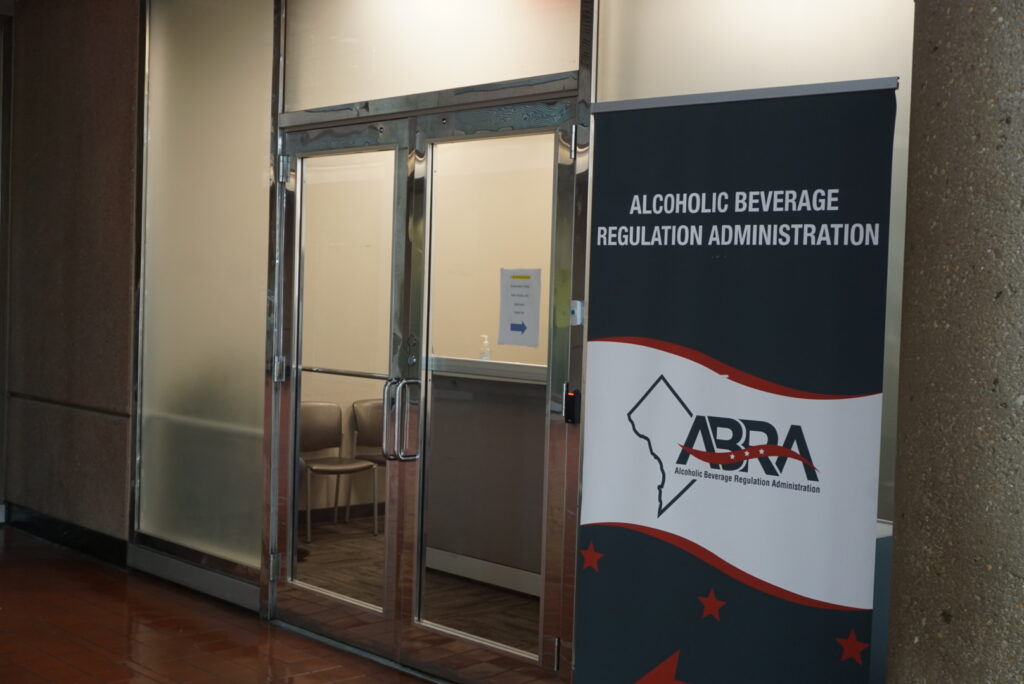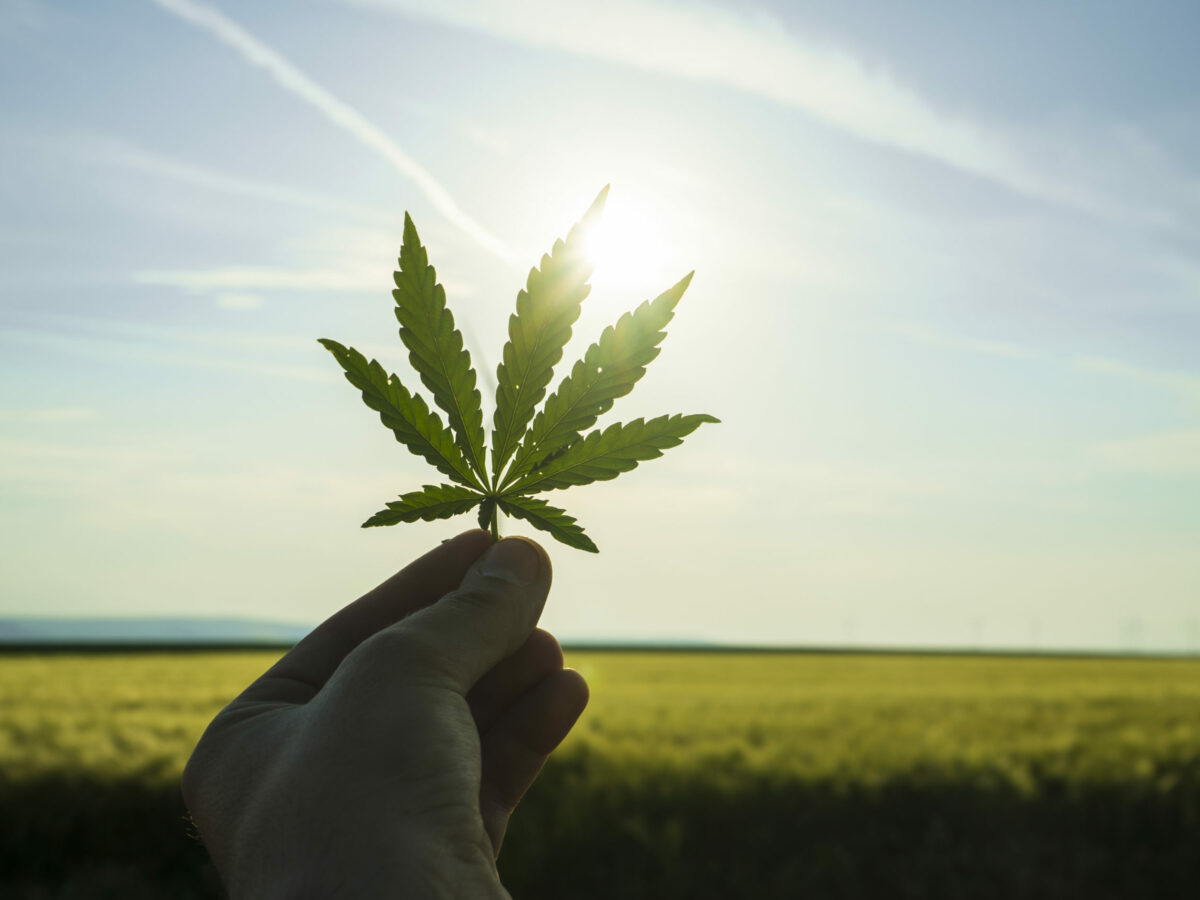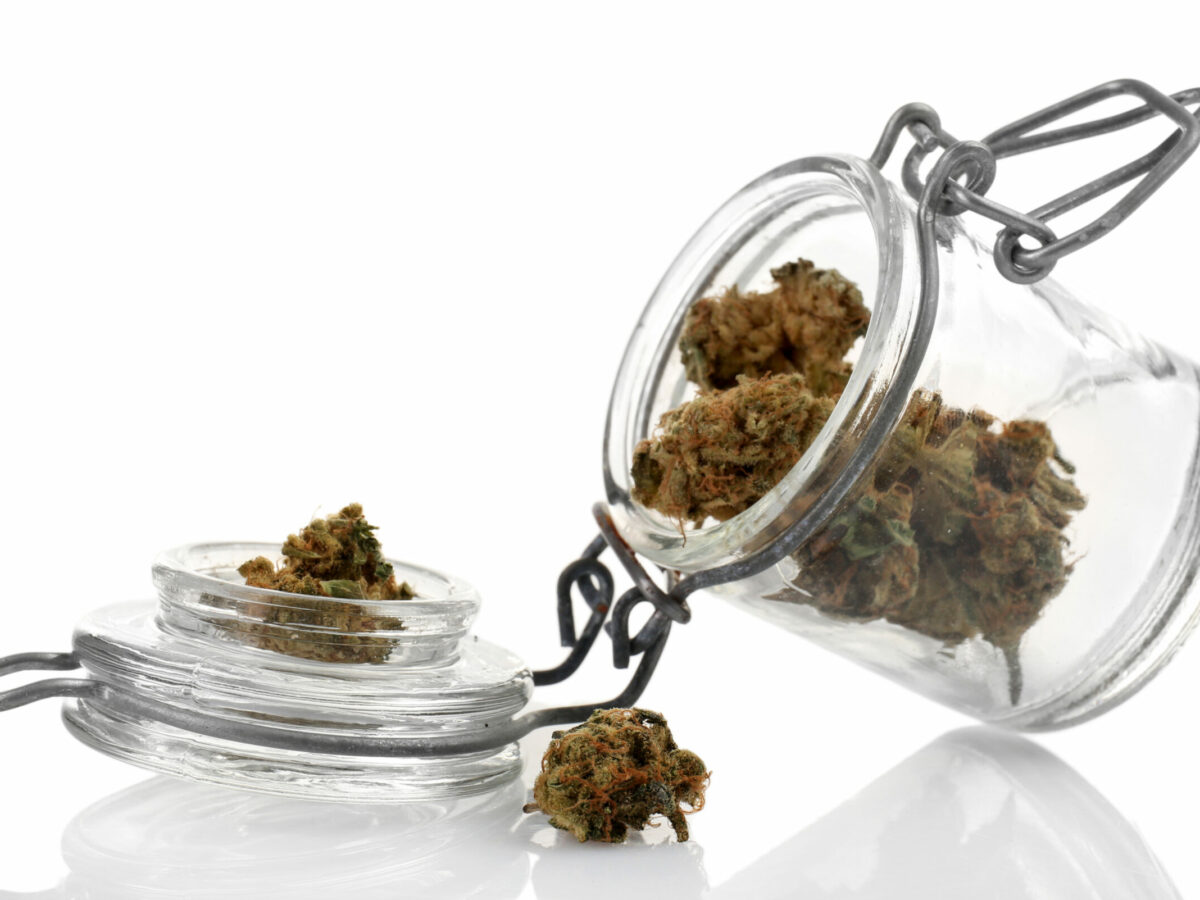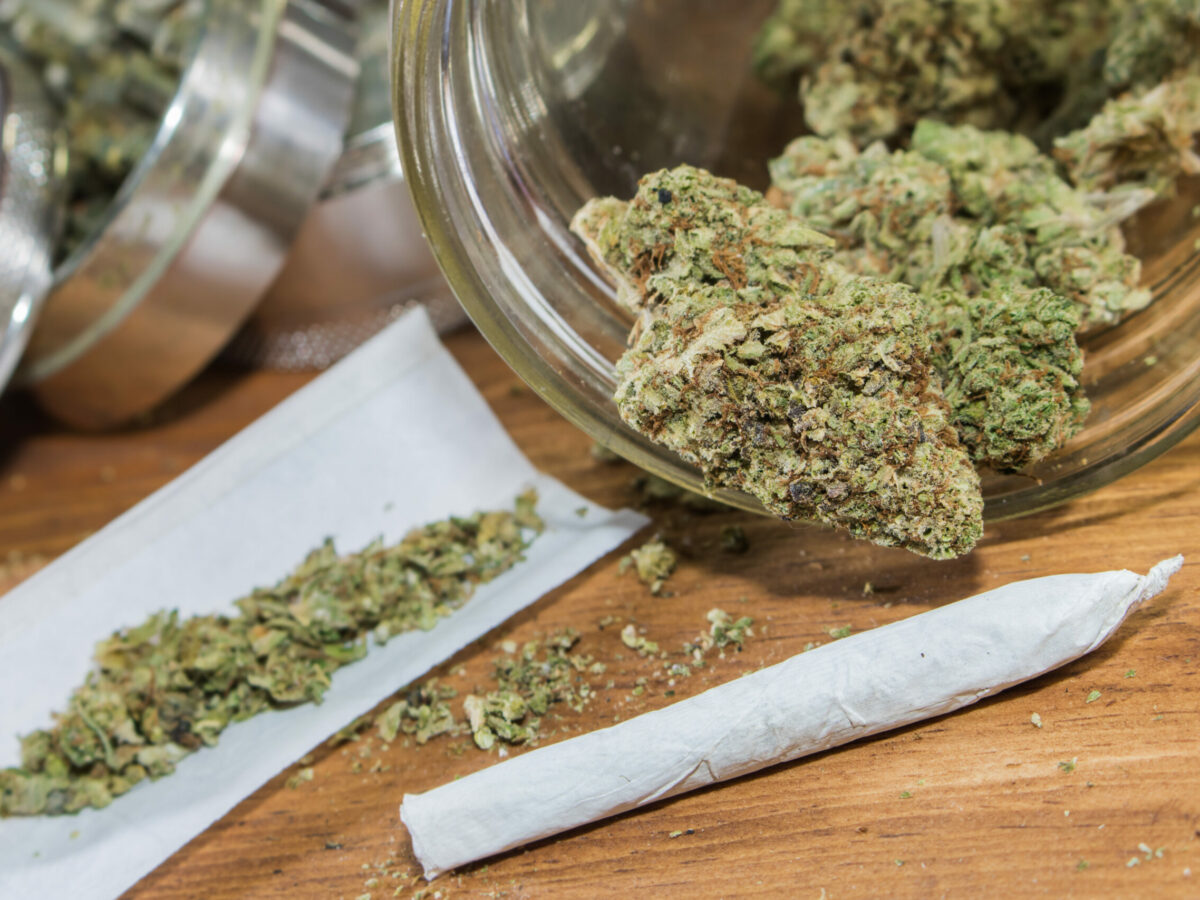The much anticipated third licensing round of D.C.’s expanded medical cannabis program opened this morning. By the end of today, the Alcohol Beverage and Cannabis Board received 20 applications for retail licenses and one internet retailer license, according to the agency.
The unlicensed operator application round is supposed to sweep up all the sketchy, sometimes very official but always questionably legal weed-gifting shops around the city.
These shops range from tax filing retail stores who gift weed products following a consumer’s purchase of another item to out of state operators opening shops for a few months to offload illicit market products without even bothering to follow gifting protocol.
The shops proliferated into the hundreds in D.C., especially in the last few years as the police raids that plagued the earlier retail spots all but stopped. In places like U street, you can’t walk a block without running into one.
D.C. became a honey pot for those in the traditional market who saw an opportunity to continue to operate in a quasi-legal manner. But as these shops function under retail business licenses, there was no regulation of the actual cannabis products.
The gifting shops were problematic politically from the start. The government never intended for the original I-71 to open up an unregulated, wild west, cannabis market with no oversight or accountability other than the rare police enforcement which never stuck. Most shops violate the amount of cannabis allowed to be possessed by one person at one time no matter how faithfully they follow the gifting protocol.
But like trying to stamp out a roach infestation in a D.C. apartment building, the powers that be realized that stomping out one shop meant another would pop up a few weeks later down the block.
So the Medical Marijuana Expansion Bill was passed as creative work around to the inevitable existence of the gifting shops and ever present federal prohibition of the cannabis market. Since D.C. lacks statehood, we’re unable to create a legal market like Maryland or any of the other over 20 states who have adult use markets.

So this brings us to the dawn of today: the opening of the unregulated license period. Starting today, shops who in good faith want to fold into the D.C. legal market are able to apply for a license.
There was no line stretching out from the office doors of The Alcohol Beverage and Cannabis Administration or chaotic hustle and bustle inside. The application office seemed to be working smoothly. The building was quiet. Most of the applications submitted early came in online.
But a few people wanted to ensure their applications were submitted in person. One applicant spent the morning trying to get their printer to spit out almost two hundred pages, practically breaking it.
Another applicant couldn’t quite explain the moment in words. Their team and them had been waiting to step into the legal market for years.
“It’s a beautiful moment,” they said. After growing up in the District and watching the war on drugs and gentrification plague their beloved city, this was finally a ray of hope that maybe just maybe the government was finally trying to do the right thing.
Here’s what else you need to know:
Location – Shops will be accepted on a first come basis. They cannot be within 400 ft of an existing retailer. This will be the biggest reason shops lose out on a license. Whoever submits an application first will be able to lock down their block.
Social equity – the applications will be one for one social equity and standard license. An unregulated shop can still apply for an equity retail license during this period if they were operating in 2022 and can prove it. New retailer social equity applications will open in March.
Timeline – This application period is open until 4 P.M., Jan. 29, 2023. The applications will be approved on a rolling basis. There are four board meetings remaining in which the licenses could be approved.
Editor’s note: due to the sensitive nature of the applications, we did not use names or identifying features to describe people mentioned in this story.
https://datawrapper.dwcdn.net/WK95V/3/


